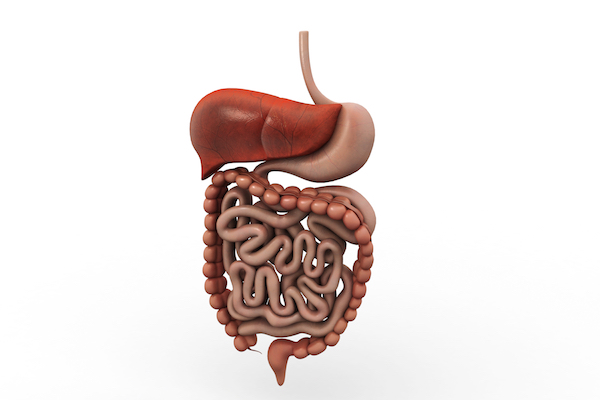We are not what we eat, we are what we absorb
When cells malfunction we ultimately present with disease. Nature does not label/define cell malfunction into various disease types such as arthritis/depression/cancer or cardio vascular disease; we do that. ‘There are no specific diseases; there are specific disease conditions.’ – Florence Nightingale. So why do cells malfunction? Cells, the building blocks of our body, all 36 trillion of them, malfunction for only a few key reasons. Arguably one of the most important of these reasons is lack of optimal cellular nutrition.
The biochemistry that is going on in all of us is unimaginably complex. Our cells are performing trillions of chemical reactions every second. So far we have discovered that the body requires access to over 250 individual nutrients for optimal cellular health (there will inevitably be more as our knowledge progresses). Even if genes are playing a part in the disease process, whether those genes become activated or not is intricately linked to nutrient triggers – nutrients can literally switch genes on and off. Medications cannot do that. This is the science of the rapidly expanding field of nutrigenomics.
Yes, to a certain extent we are what we eat, but to be more precise we are what we absorb! Nutrient absorption is fundamental to the whole process of optimal cellular health. It is normal to see clients presenting with multiple signs and symptoms of low nutrient status, even when eating what they would describe as a ‘healthy diet’. These include, fingernails that chip/break easily and have white spots, muscle cramps, cuts that heal slowly, decreased sense of taste/smell and bleeding gums.
Optimal absorption is dependent on optimal digestive system function. The whole system has to be in balance. Not only do we need to be in a relaxed state and consuming nutrient dense foods (however that on its own is becoming more and more difficult to do as we deplete our soils through relentless monoculture farming), but we also require sufficient stomach acid, bile flow and digestive enzyme status; a diverse and balanced micro ecology of the gut, optimal health of the small intestine (which can be damaged by the presence of coeliac disease, non coeliac gluten/wheat sensitivities) and the absence of small intestinal bacterial overgrowth (SIBO).
This is why when working with any client, no matter what their health condition, it is wise to start with a thorough evaluation of digestive health.


 RT
RT 

Leave a Reply
Want to join the discussion?Feel free to contribute!